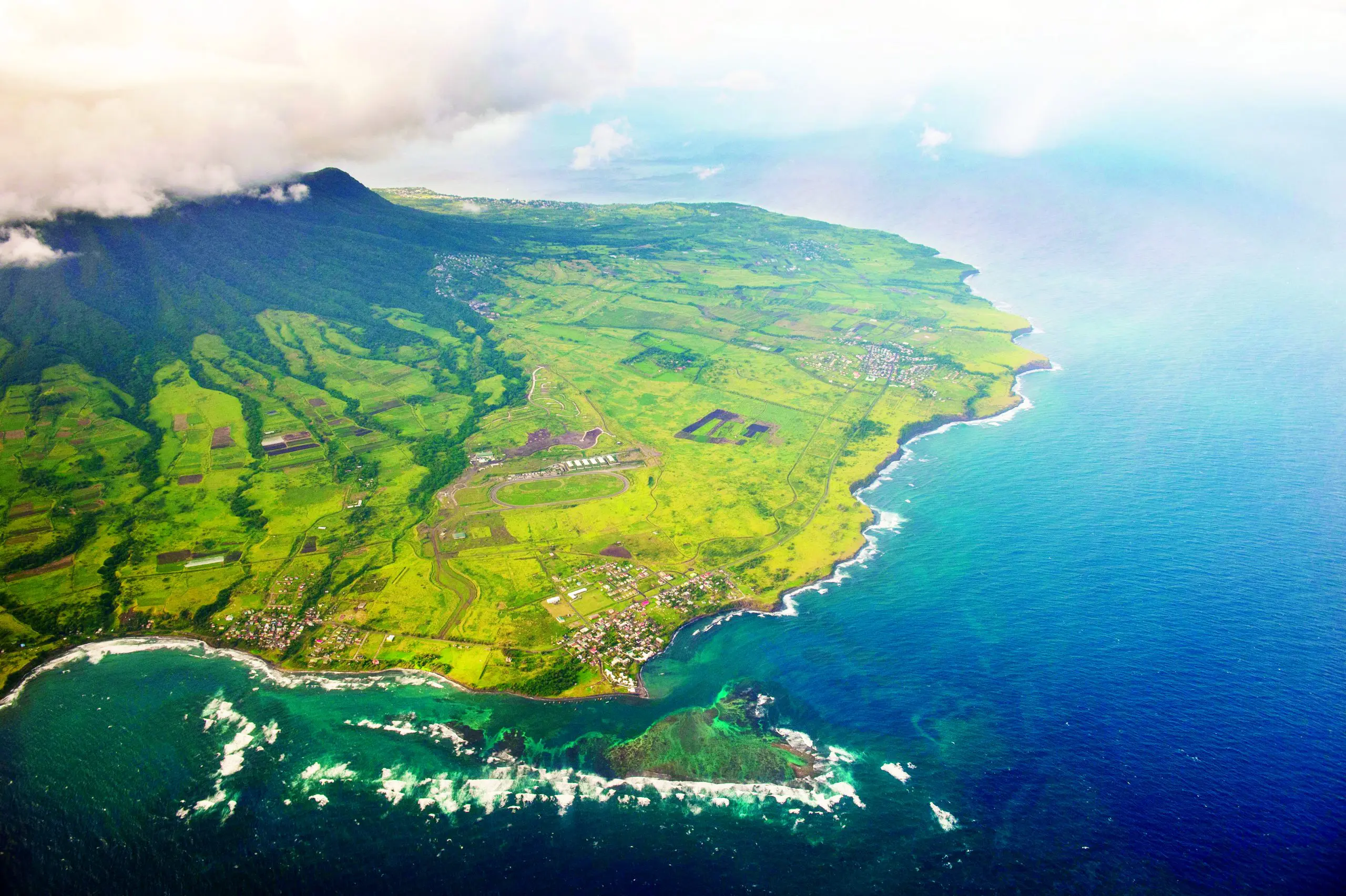In a world grappling with climate change, rising energy costs, food insecurity, and geopolitical uncertainty, small island states are often seen as vulnerable. But in the heart of the Eastern Caribbean, St. Kitts and Nevis is rewriting that narrative. With bold vision and deliberate national planning, the Federation has embarked on an ambitious journey to become the world’s first Sustainable Island State; one that is not only environmentally responsible, but fully self-sustaining from within its own shores.
WHAT IS A SUSTAINABLE ISLAND STATE?
The Sustainable Island State model goes far beyond environmental protection.
It is a holistic development strategy that aims to secure food, energy, housing, education, healthcare, infrastructure, and economic opportunity, all produced and sustained locally.
It redefines national resilience, placing long-term independence and self-reliance at the centre of economic planning.
In practice, this means:
- Generating clean, renewable energy from domestic sources like solar, wind, and geothermal.
- Producing enough food locally to reduce reliance on expensive imports.
- Investing in infrastructure, housing and digital transformation that serve both citizens and future generations.
- Building a knowledge-based economy where education and training fuel innovation and entrepreneurship.
- Ensuring access to healthcare and essential services, so that the country can function even when global systems falter.
For St. Kitts and Nevis, this vision is not theoretical, it is underway.
A VISION BACKED BY ACTION
Prime Minister Hon. Dr. Terrance Drew has made the Sustainable Island State agenda the cornerstone of his administration’s national transformation plan. It has received global recognition as a bold model for small island developing states (SIDS) looking to safeguard their sovereignty, climate security, and future prosperity.
This vision is also backed by one of the most innovative investment migration frameworks in the world.
Under the Citizenship Programme, the Sustainable Island State Contribution (SISC) offers investors the opportunity to support this transformation directly.
Each contribution is allocated toward critical sectors aligned with the Sustainable Island State agenda – from clean energy and climate-smart agriculture, to education, public health, and national infrastructure.
Learn more about the Sustainable Island State Contribution here.
A BLUEPRINT FOR OTHER NATIONS
St. Kitts and Nevis’ approach is gaining attention because it is measurable, transparent, and scalable.
The CIU’s Sustainable Island State framework outlines seven key pillars: food security, energy transition, economic diversification, sustainable industries, education, digital innovation, and environmental stewardship.
These are implementation goals backed by legislation, partnerships, and financing strategies.
What sets St. Kitts and Nevis apart is the commitment to deliver these outcomes using its own natural resources, human capital, and strategic governance. This includes leveraging:
- The nation’s volcanic geothermal energy potential to reduce energy costs and become carbon neutral.
- Climate-resilient housing and healthcare systems to protect the vulnerable.
- Modernised education curricula and skills training to empower youth and attract knowledge-based industries.
WHAT’S NEXT?
St. Kitts and Nevis is already taking steps to secure its future. The Government has announced major initiatives in:
- Geothermal energy development – tapping into clean, baseload power.
- Digital health records and universal healthcare – ensuring citizen well-being.
- Smart classrooms and curriculum reform – future-proofing the next generation.
- Agro-processing and food hubs – to reduce import dependency and stabilise local markets.
- Affordable, climate-resilient housing projects – supporting social equity and economic resilience.
ALSO READ: ST. KITTS AND NEVIS CABINET COLLABORATION FOR SUSTAINABLE ISLAND DEVELOPMENT
WHY THIS MATTERS
For small island states facing the dual threats of economic dependence and climate vulnerability, the path to sustainability can seem narrow. The Sustainable Island State model offers hope, not just for this twin-island nation, but for the entire Caribbean and beyond.
As the first country in the world to publicly and formally commit to this model, St. Kitts and Nevis is not just participating in global change but leading it.
